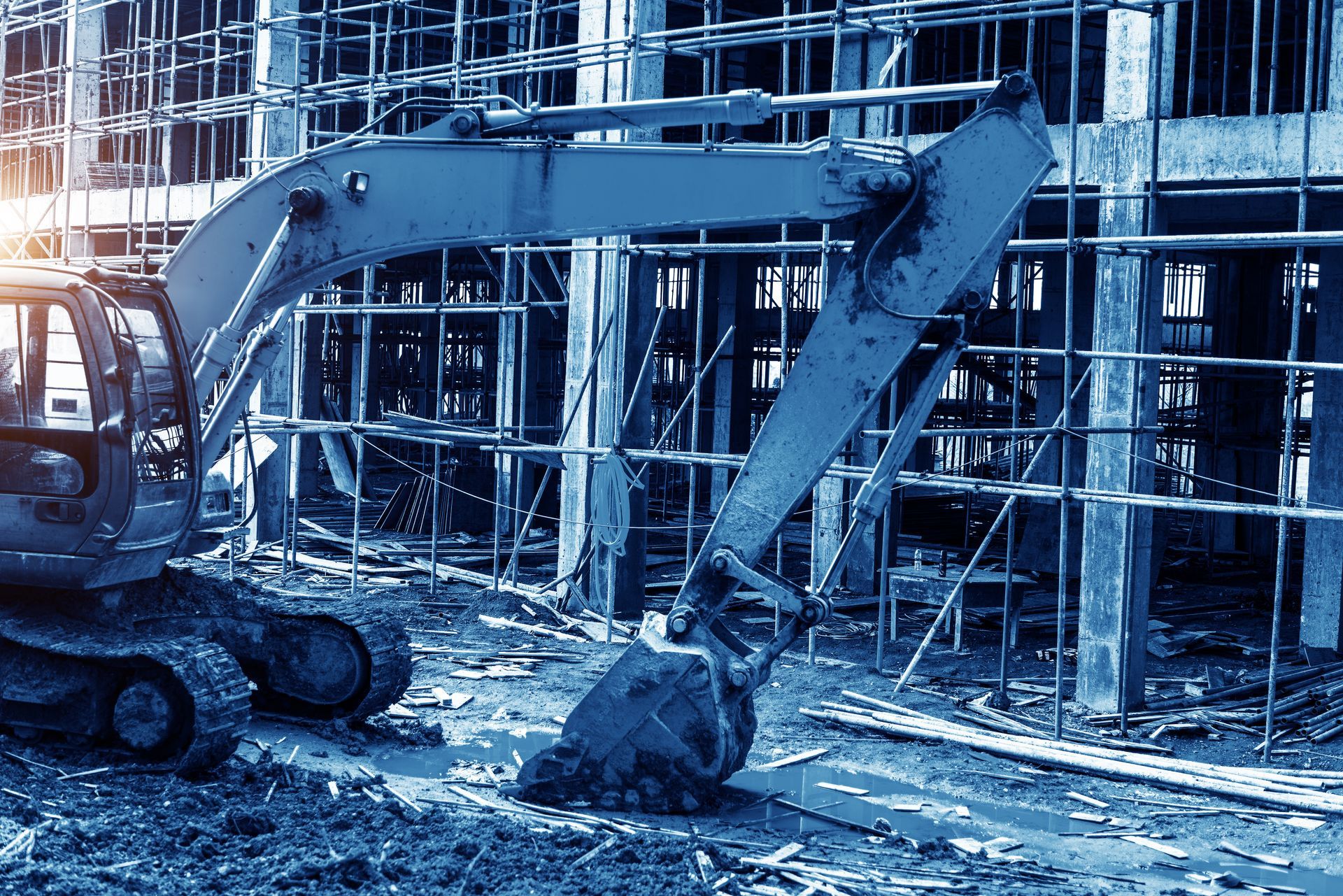How Can Surety Bonds Help Manage Construction Risks?
Surety bonds are an important part of most construction projects. If you’re working on a public sector project, surety bonds are likely to be a necessity. If you work in the private sector, there are still many good reasons to take advantage of their benefits. Here’s what our Harris County construction lawyers think that you should know.
What Are Surety Bonds?
Surety bonds are mainly designed to protect the owner of a project. This can be the owner of the property or a public agency that owns the land. These bonds are nearly always required when taking on public projects.
The principal, usually the general contractor or a subcontractor on the project, purchases the bond from a surety company. In exchange, the surety company agrees to complete the contract if the principal does not. This is all done to protect the obligee, the property or the project owner.
You may be wondering why this is even necessary. If you have a contract, going after a contractor who breaches it should be easy enough, right? That is one potential remedy for a property owner once a project has not gone their way, but surety bonds offer an extra layer of protection.
Are There Different Types of Bonds?
Construction projects can be quite complex, with many different parties working together to meet a goal. Because of this, there are different types of surety bonds that can be used to address all sorts of issues that could arise. Some examples include:
Payment bond : If a general contractor does not pay others who worked on the job, like subcontractors, this bond protects a property owner from liens and legal action.
Bid bond : This ensures an obligee that the principal is ready and willing to complete the job as bid.
Performance bond : The contractor will perform the work according to the contract and the obligee is protected from financial loss if something goes wrong, like a contractor defaulting or delivering substandard work.
Supply bond : This can be used to protect an obligee if a supplier does not deliver what is needed for a project.
How Do Claims Against Surety Bonds Work?
Once a contractor reneges on the deal that they have made, either by not completing the work or not making payments to other parties working on the project like suppliers and subcontractors, then a claim can be made. The surety company will investigate the obligee’s claim and try to solve the issue. In some cases that means paying the obligee for any damages they have suffered or hiring a new contractor to finish the work. Then they can pursue the principal, the buyer of the surety bond, and get repaid for their losses or expenses incurred.
Contact Our Construction Lawyers
If you are entering into any kind of construction contract or deal, you need to be sure that you and your business are well-protected. Buying surety bonds is part of that, but having a lawyer go over any agreements you make can be a good idea. Contact Patout & Shaw, PLLC to talk to our experienced construction industry attorneys.
The post How Can Surety Bonds Help Manage Construction Risks? appeared first on Patout & Shaw.











